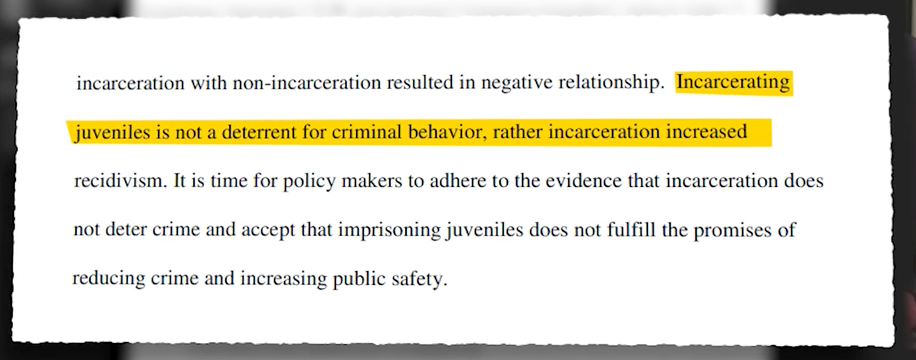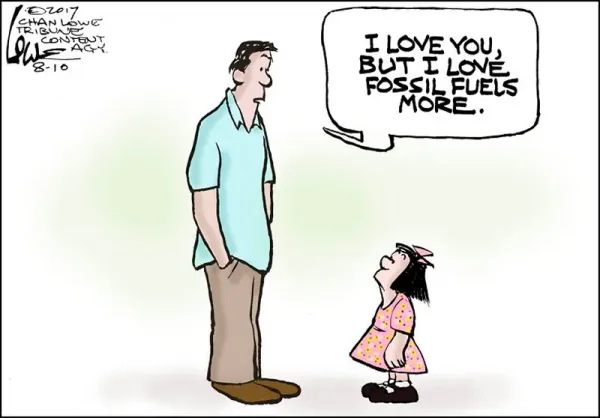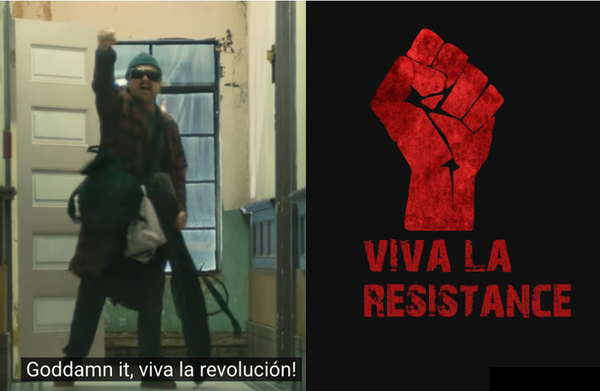A lie is much simpler than explaining the complex truth: How incoherent policy and infrastructure projects are failing victims of crime in Melbourne

Leo Puglisi's 6 News reported on 29 September 2025 that the number one issue facing voters in Victoria today is crime and safety.
🚨 NEW: Asked to name "the biggest issue facing Victoria today", voters say crime, according to a poll from DemosAU just over a year from the state election
— 6 News Australia (@6newsau.bsky.social) 2025-09-29T04:48:49.112Z
Crime in Victoria is up 18.3% since the same time last year. Social commentator Adu explains on his YouTube channel that this is largely driven by property and deception offences due to cost of living pressures (the number two issue facing Victorian voters), and not crimes against persons.
However, recent incidents with young people and machetes have renewed debate about the criminal justice system and resulted in new bail and remand laws, and a machete ban (unfortunately there was no exemption for my machete brought back from Vanuatu that I used in my garden).
Adu says that crime should be examined holistically.
"When you start treating young people like they're criminals, and you don't seek to address all this surrounding stuff which shapes them into who they are, and instead you try to retroactively punish them, it fixes nothing."
However, the electorate is not necessarily receptive to this approach. Adu says that the most common responses are calls are for tougher bail and remand laws, more police powers, and harsher sentences, like the Liberal National Party (LNP) of Queensland's slogan at the last election, "Adult crime, adult time."
Adu understands that crime hurts real people and that is why people have visceral, harsh reactions but he says we have to be grown ups and not let emotions guide how we think about potential policies or let it dictate how we do things.
He says that moral outrage, righteous revenge, and vindictiveness is irrelevant to what that actual goal is: keeping people from committing these crimes. So when we look at the evidence, we find that "younger adolescents have higher probabilities of further incarceration after entry into the criminal justice system."

So if you restrict young people's access to bail you are actually making it more likely that they will reoffend.
"If anything, it's a great injustice on the part of the government for not giving these kids the best possible shot at a dignified life and most of all for failing the victims of these crimes... ...it is crystal clear that retroactively punishing criminals with harsh sentences is completely ineffective policy."
Adu asserts that the impression that Victoria is soft on crime, with the exception of its new bail and remand laws, is just not the case. He cites the following examples:
- Victoria has spent more than other states on police and prisons, has been gaoling people at levels not seen since the 19th century, and has the highest per capita police numbers on the eastern half of the continent.
- The growth in spending on criminal justice in Victoria is greater than the spending on that on education and health.
Residential care system
Adu says that the Victorian Labor Party has adopted 'a do nothing approach' over the last decade. Victoria has only built 300 low-income public homes in a decade of being in office and has the lowest proportion of social housing in Australia and spends the lowest per capita on the residential care system for children (residential care is where kids who don't have functional families go to stay.)
Adu says that there is a big overlap between kids in residential care, exposure to criminal organisations, and kids in the criminal justice system. This results in socialising vulnerable children into becoming criminals, which Victoria then scapegoats as a means to bolster the criminal justice system, using victims grief as pretext and perpetuating this cycle.
Its Adu's opinion that the Victorian Labor Party has never had a serious, coherent, and cogent strategy on crime. It's always been on the fly based on the vibes, based on what the tabloids are reporting, based on the election, based on the police union. The principle of 'remand as a last resort' was recommended to the government by a coronial inquest, but was removed as a consideration after media backlash.
Adu says if we are serious about tackling crime, we need to exclude the voices and powers which have an interest in wanting a punitive justice system. A wide range of experts must be brought in from criminologists, sociologists, and economists who have done the research on what's most effective and what's not a good way to go to ensure that we have a more holistic, coordinated, and coherent approach to crime that includes housing, education, and healthcare.
Infrastructure projects
Economist David Haywood describes Victoria as a rentier capital estate, whereby assets are deployed in markets involving little to no competition with rents being extracted as a result. This has resulted in massive multi-hundred billion infrastructure projects like the suburban rail loop which hasn't been properly costed nor reviewed by the relevant bodies. Adu says that Victoria has become deeply enmeshed in networks of global firms whose strength is their expertise in bidding for contracts globally.
He says that if we gear our economy towards profit accumulation and real estate speculation, there will be insufficient spending and attention towards public housing and care services for children, and these more social questions of crime won't be solved. Adu says that, "only once we break up the oligarchic strangle hold that this web of public and private elites have in our society and distribute resources according to need, not in favour of concentrated industry, will we really start to solve the issues surrounding criminal justice."
A view from the Australian Capital Territory
In a discussion on the 'housing crisis' with Emerald Moon and Tom Ballard on the Serious Danger podcast, Shane Rattenbury, leader of the ACT Greens said "A lie is much simpler than explaining the complex truth". He explained that building a justice reinvestment agenda in the ACT that spends money on addressing poverty and housing is a better way of making the community safer. And that this is backed up by all the data and evidence. But more conservative political parties find saying, "We need more police!", "Lock them up!", "Build a bigger gaol!" easier to explain to the electorate than justice reinvestment, like David Crisafulli boasting that Queensland is building Australia's biggest gaol when this will not make the community any safer.
Rattenbury spoke about how most people in gaol are not genuinely evil people. They're there because they have a mental health problem, a drug [or] alcohol problem, a trauma problem, an acquired brain injury, or have made poor decisions. Their decisions are not victimless, but the answer is not to simply cycle them through gaol. It costs $200,000 a year to keep someone in gaol in the ACT. "Think about what you can invest in a community service that will help keep them out of gaol, that will be much less than that [amount of money]", he said. Tom added, "Tough on crime doesn't make us safer."
Lies don't make us safer either. We need to explain the complex truth around crime and how we need to address it holistically. If we did, I might still have my machete to use in the garden, and more importantly, there would be less victims of crimes, and less costs to society overall.
The text in this article is drawn mostly from Adu's YouTube video, "Does Melbourne have a youth crime problem". You can see Adu's references and sources here.
You can find and support Adu here https://www.patreon.com/c/actuallyadu/home




